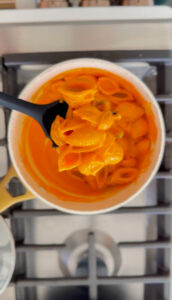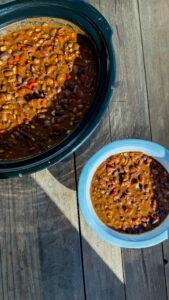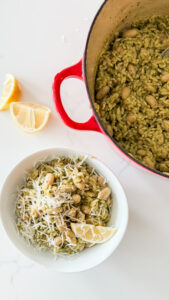We all know the feeling — that afternoon slump after lunch, feeling suddenly ravenously hungry and tired all at the same time. Usually, this means that you’re having a dip in your blood sugar (or blood glucose).
That’s partially a normal response after eating a meal or snack…
But, when you get that REALLY crummy feeling like you need to eat something NOW — or maybe you’re even feeling a little shaky or dizzy — it may be a sign that your blood sugar has “crashed”. Hard.
And it’s not only an uncomfortable feeling — if your blood sugar spikes and crashes too often after meals, it can damage your long-term health, and make it difficult to lose weight.
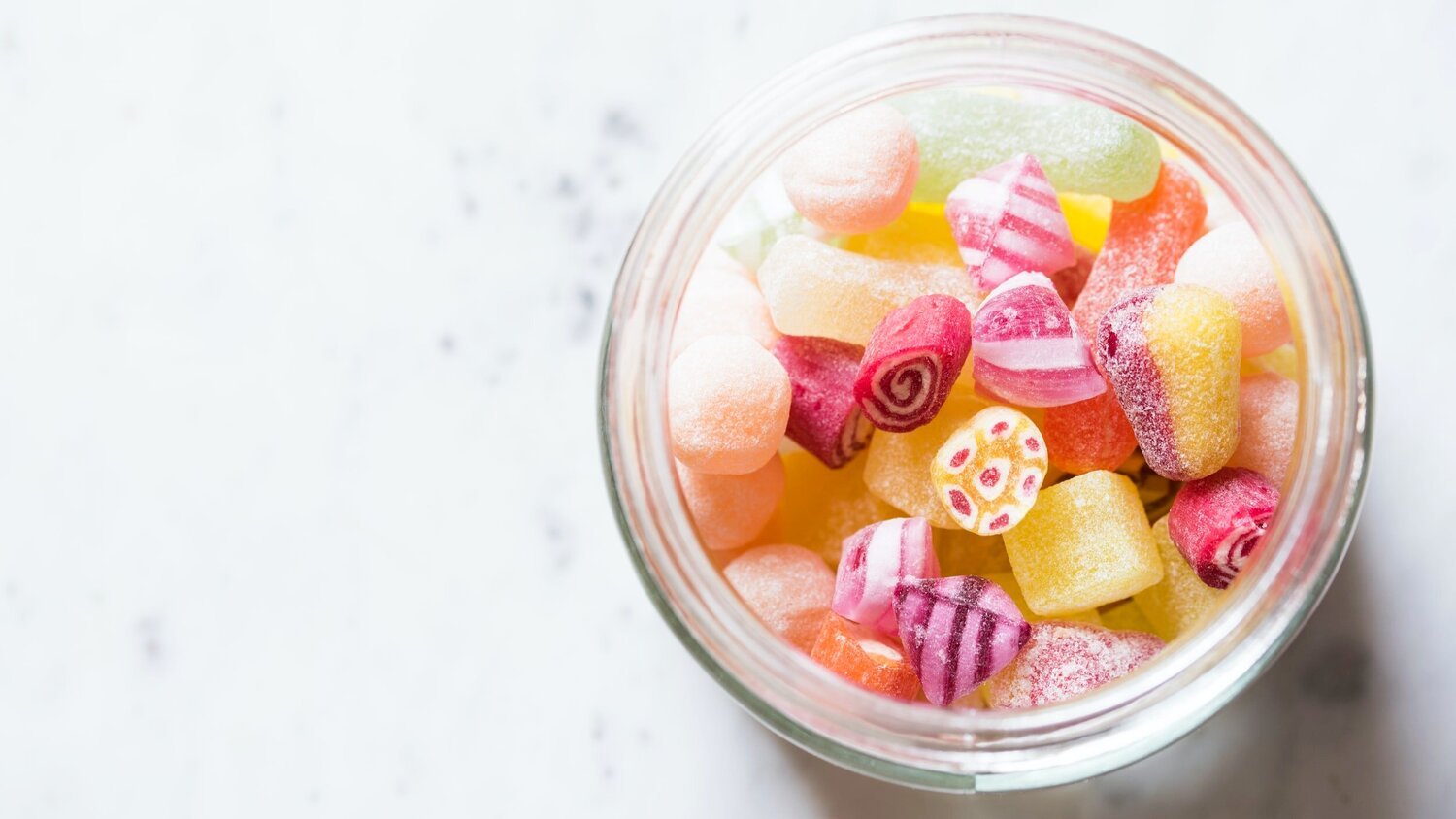
Blood Sugar Spikes and Crashes: What Goes Up, Must Come Down
Blood sugar levels only “crash” when they have risen up high and fast in response to eating a meal or snack. This rise is called a blood sugar “spike”, after which comes the crash.
What goes up must come down, after all — and the higher the rise, the farther the fall.
Blood sugar spikes are generally caused by eating refined carbohydrates (like desserts, sugar-sweetened beverages, white bread, pasta or rice) in large quantities or by themselves.
Spikes every once in a while are no big deal, but when blood sugar spikes repeatedly and often, it can possibly be bad for your long-term health. Frequent spikes can cause inflammation and possibly contribute to insulin resistance, one of the main risk factors for Type 2 Diabetes.
Blood sugar spikes can possibly derail your health goals. When blood sugar crashes, the resulting feeling is severe and intense hunger — the kind that leaves you feeling shaky and craving everything in sight. When you get to this point of hunger, you’re more likely to feel out-of-control around food and make choices that will stall your weight loss goals.
So how do we prevent these spikes and the crash that will inevitably follow? For starters, avoid the three most common mistakes below.
Top 3 Mistakes that Cause Blood Sugar Spikes
1. Choosing refined carbohydrates over fiber-rich whole grains and beans
Fiber with your carbs is a great way to slow down the rise in blood sugar after eating a meal!
Especially when you’re eating a portion of carbohydrates as a main part of your meal (which — you should be doing!), choosing a high-fiber carbohydrate like brown rice, quinoa, beans or whole wheat pasta will help to keep that blood sugar spike lower than a refined carbohydrate choice.
2. Not combining carbohydrates with fat and protein
If you eat carbohydrates without a balance of fat and/or protein with your meal or snack, blood sugar spikes higher.
Combining protein and fat with your carbs will help to blunt that spike! For example, instead of a plain piece of toast, try combining it with some peanut butter. Instead of plain pasta, pair it with some basil pesto, white beans and vegetables!
3. Drinking sugar-sweetened beverages in large quantities
Sugar-sweetened beverages, like juice and soda, are no big deal when they’re consumed on occasion, in smaller quantities (4-6 ounces) and with a meal. But if consumed daily, in large amounts or ESPECIALLY by themselves and not in the context of a meal, the blood sugar spike can be huge!
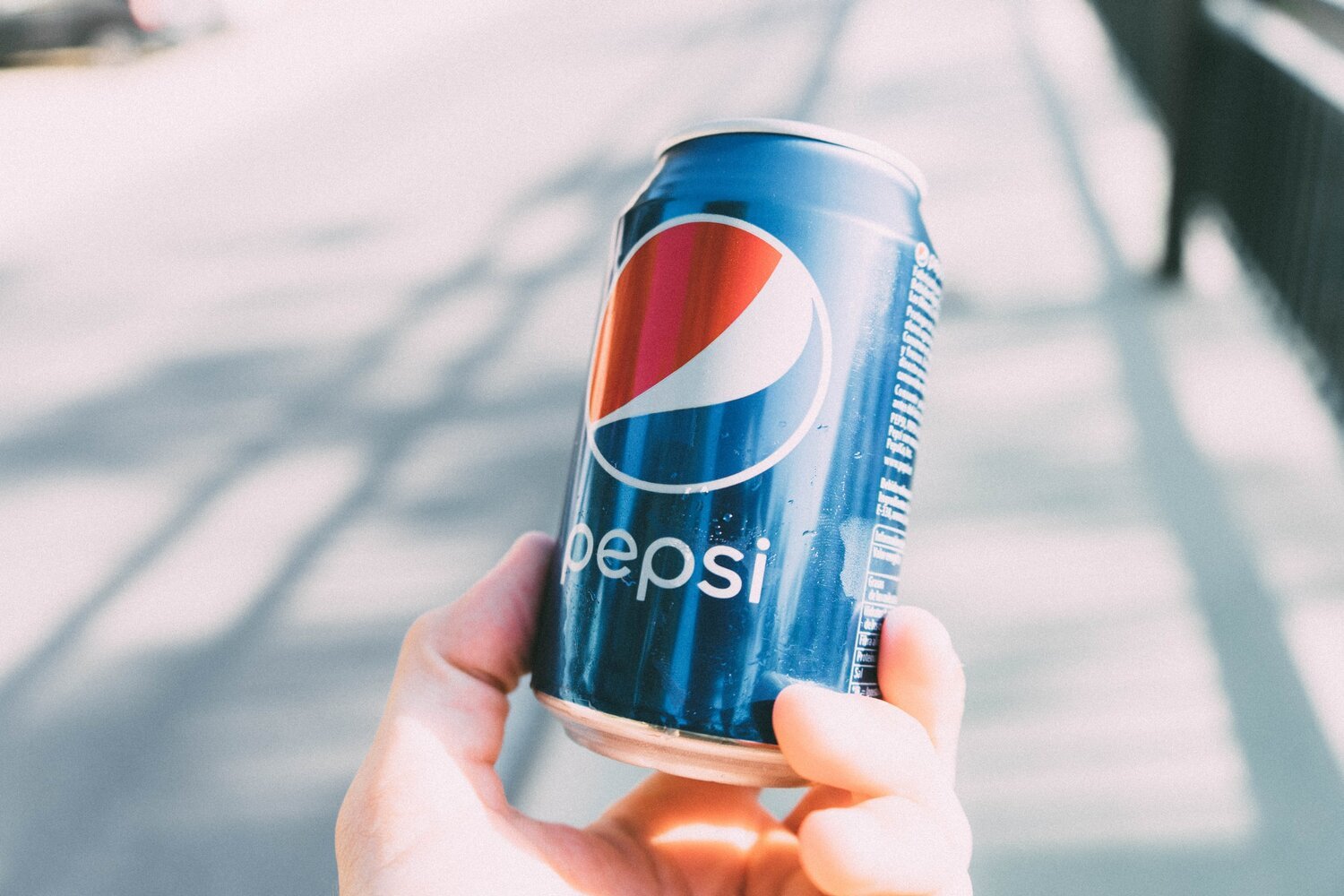
Remember, keeping blood sugar stable and avoiding spikes isn’t just important if you have diabetes! It can benefit your health and weight loss journey by reducing your risk of developing insulin resistance, and preventing over-hunger after a blood sugar crash.
By choosing higher-fiber carbohydrates and combining starches with a fat and protein source, you can banish blood sugar crashes and stay in better control of your cravings!
If you need help with meal planning, ideas for keeping carbs in check and avoiding those afternoon hunger attacks or energy slumps, I specialize in building plant-forward weight loss plans for my clients that are balanced and achievable! Apply directly for coaching here.

